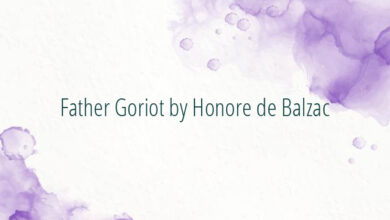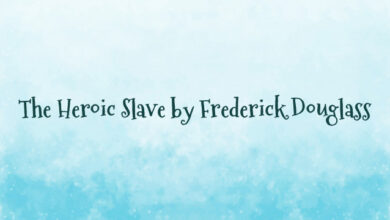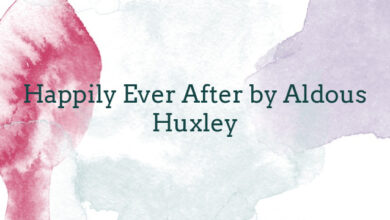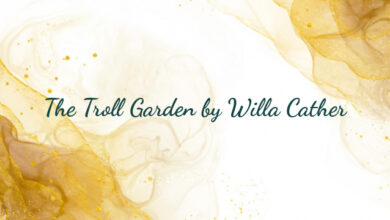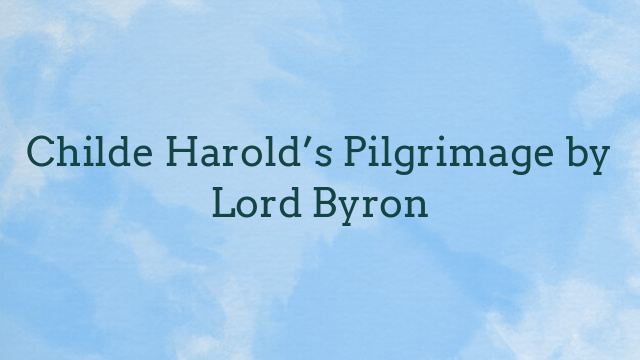
Book
Childe Harold’s Pilgrimage by Lord Byron
Childe Harold’s Pilgrimage (1812) launched the young poet into instant stardom, leading to his reputation for centuries as the world best poet. In Byron’s words, “I awoke one morning and found myself famous.” It consists of four cantos. John Murray was Byron’s publisher, raising their reputation to publish renowned works by Jane Austen and Washington Irving. That same firm is responsible for burning the personal memoirs of Byron the month after his death in 1824, against the directives of Byron’s literary executor, Irish author Thomas Moore. The John Murray firm burned the contents of these diaries, whose contents the world will never know.
To Ianthe
Not in those climes where I have late been straying, Though Beauty long hath there been matchless deemed, Not in those visions to the heart displaying Forms which it sighs but to have only dreamed, Hath aught like thee in truth or fancy seemed: Nor, having seen thee, shall I vainly seek To paint those charms which varied as they beamed— To such as see thee not my words were weak; To those who gaze on thee, what language could they speak? Ah! mayst thou ever be what now thou art, Nor unbeseem the promise of thy spring, As fair in form, as warm yet pure in heart, Love's image upon earth without his wing, And guileless beyond Hope's imagining! And surely she who now so fondly rears Thy youth, in thee, thus hourly brightening, Beholds the rainbow of her future years, Before whose heavenly hues all sorrow disappears. Young Peri of the West!—'tis well for me My years already doubly number thine; My loveless eye unmoved may gaze on thee, And safely view thy ripening beauties shine: Happy, I ne'er shall see them in decline; Happier, that while all younger hearts shall bleed Mine shall escape the doom thine eyes assign To those whose admiration shall succeed, But mixed with pangs to Love's even loveliest hours decreed. Oh! let that eye, which, wild as the gazelle's, Now brightly bold or beautifully shy, Wins as it wanders, dazzles where it dwells, Glance o'er this page, nor to my verse deny That smile for which my breast might vainly sigh, Could I to thee be ever more than friend: This much, dear maid, accord; nor question why To one so young my strain I would commend, But bid me with my wreath one matchless lily blend. Such is thy name with this my verse entwined; And long as kinder eyes a look shall cast On Harold's page, Ianthe's here enshrined Shall thus be first beheld, forgotten last: My days once numbered, should this homage past Attract thy fairy fingers near the lyre Of him who hailed thee, loveliest as thou wast, Such is the most my memory may desire; Though more than Hope can claim, could Friendship less require?
